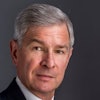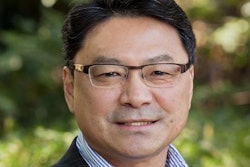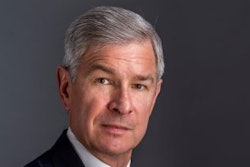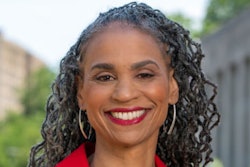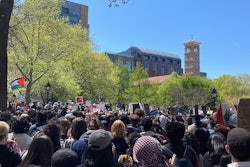Dr. F. Javier Cevallos, president of Kutztown University, a publicly funded college located in Pennsylvania, is facing new pressure to step down from his post amid criticism from the university’s faculty union.
The union’s leadership — which is comprised of a 10-member executive board — is planning to call for a vote of no-confidence in Cevallos later this week, claiming that he has mismanaged the day-to-day operations of the university, leading to an increase in class size, cramped office space and poor building conditions across campus. In addition, they charge that the morale among faculty is at an all-time low.
In an interview with Diverse, Cevallos, who is the first Hispanic president of a university in Pennsylvania, says he plans to remain on the job.
“I believe that the union has taken a position that is out of touch with what most faculty on campus think,” says Cevallos, who adds that he has the support of the school’s board of trustees.
Recently, a number of Hispanic leaders rallied on Cevallos’ behalf, pointing out that since arriving at Kutztown five years ago he has dramatically increased the number of minority students from 5 percent to 14 percent. They say that many local residents, and some faculty, have resisted the efforts to diversify the college. Some have also signaled that Cevallos is being targeted because he is a minority.
But Dr. Michael Gambone, the president of the Kutztown chapter of the Association of Pennsylvania State Colleges and Universities, says that race is not an issue.
“We did not inject this element into the discussion,” says Gambone, who also teaches history at Kutztown. “Our concern is that the quality of life is suffering here on campus. The graduation rate is less than 30 percent. That should signal a red flag.”

